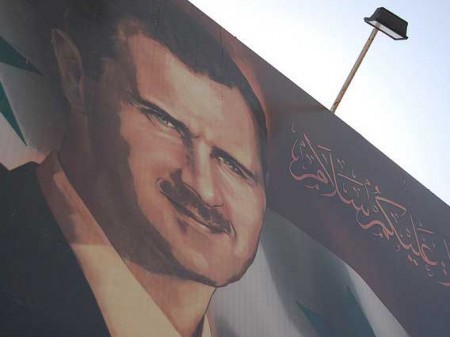
As the West begins to gear up for the centenary of the outbreak of World War I in 1914, the Middle East is being convulsed as never before by the legacy of the Ottoman Empire’s breakup. Look no farther than Syria, where one part of that legacy – the Sykes-Picot Agreement, which divided the Levant into British and French spheres of influence even while the Great War still raged – is coming to a brutally violent end.
Likewise, the current turmoil in Turkey is, at least in part, a consequence of “neo-Ottoman” overreach by Prime Minister Recep Tayyip Erdoğan’s government. In seeking to establish the type of regional influence that Turks have not had since Kemal Atatürk founded the Republic of Turkey, Erdoğan has fallen prey to some of the Ottoman regime’s hubris.
The Levant has, of course, been the scene of countless conflicts through the centuries. Sir Archibald Wavell, one of Britain’s greatest World War II generals and the penultimate Viceroy of India, wrote in his biography of the WWI Field-Marshal Edmund Allenby, who led the Allies in the Levant: “The greatest exploit in the history of horsed cavalry, and possibly their last success on a large scale, had ended within a short distance of the battlefield of Issus, where Alexander the Great first showed how battles could be won.”

